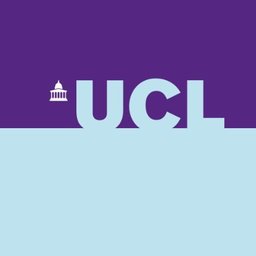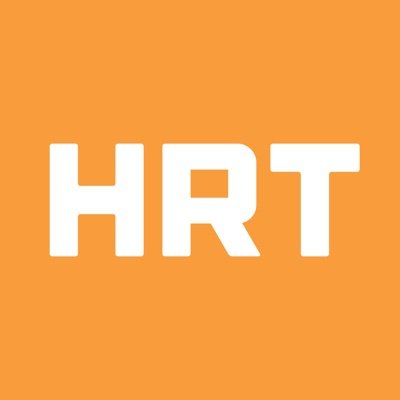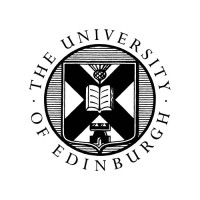About us
UCL’s Department of Computer Science (CS) is a top-ranked Computer Science Department in the UK. In the 2021 Research Excellence Framework (REF) evaluation, UCL Computer Science was ranked second in the UK for research power and first in England. Appointments will be within the newly created UCL Hawkes Institute and Department of Computer Science. The Hawkes Institute launched in March and combines the UCL Centre for Medical Image Computing (CMIC) and the Wellcome/EPSRC Centre for Interventional and Surgical Sciences (WEISS). The specific location will be our office at 90 High Holborn, which collocates Hawkes (formerly CMIC), UCL’s AI Centre (AIC), and UCL’s Advanced Research Computing Centre (ARC) creating a vibrant hub of data-science researchers with interests from basic machine learning and AI technologies through to front-line applications in healthcare. The Hawkes Institute connects these activities to the wider range of biomedical and clinical activity across UCL. This project offers the exciting opportunity to work closely with researchers at the Reta Lila Weston Institute (RLWI) and Queen Square Brain Bank (QSBB), the translational mass spectrometry research group, the UCL Dementia Research Centre (DRC), and the UK Dementia Research Institute (DRI).
About the role
This is one of two posts which are part of and funded by the Reta Lila Weston programme for Biomarker Research and Innovation in Neurodegeneration (RLW BRAIN), to create a new and uniquely collaborative team across UCL Institutes to develop novel insights into neurodegenerative diseases. Centred on the world leading collection of brain tissue from neurodegenerative diseases at the Queen Square Brain Bank, the programme will create a team of scientists to build a data-driven platform combining world-leading expertise in AI, neuropathology, clinical dementia research, spatial transcriptomics, biomarker data, and tissue omics to characterise, understand, and diagnose neurodegenerative diseases. This post develops AI techniques to support the platform, whilst the other post collates data and applies AI tools to give new disease insights. AI techniques of particular relevance to the project include foundation models, large language models, and disease progression models. Further details are provided in the job description linked at the bottom of the page.
About you
The post requires an honours degree (minimum 2:1) and a PhD in a discipline related to the role. The candidate should have a track record in the theory, development, and application of machine learning/AI tools with relevance to this project. The candidate should also have strong problem-solving abilities, excellent communication skills, and a track record of high-quality research publications. Further details are provided in the person specification linked at the bottom of the page. A job description and person specification can be accessed at the bottom of this page. To apply for the vacancy please click on the ‘Apply Now’ button below. If you have any queries regarding the vacancy or the application process, please contact Dr Alexandra Young [email protected]
What we offer
As well as the exciting opportunities this role presents, we also offer some great benefits, some of which are below: ·41 Days holiday (27 days annual leave, 8 bank holiday and 6 closure days) · Additional 5 days’ annual leave purchase scheme · Defined benefit career average revalued earnings pension scheme (CARE) · Cycle to work scheme and season ticket loan · Relocation scheme for certain posts · On-site nursery · On-site gym · Enhanced maternity, paternity and adoption pay · Employee assistance programme: Staff Support Service · Discounted medical insurance Visit https://www.ucl.ac.uk/work-at-ucl/rewards-and-benefits to find out more.
Our commitment to Equality, Diversity and Inclusion
As London’s Global University, we know diversity fosters creativity and innovation, and we want our community to represent the diversity of the world’s talent. We are committed to equality of opportunity, to being fair and inclusive, and to being a place where we all belong. We therefore particularly encourage applications from candidates who are likely to be underrepresented in UCL’s workforce. These include people from ethnic minority backgrounds; disabled people; LGBTQI+ people; and for our Grade 9 and 10 roles, women. Our department holds an Athena SWAN Gold award in recognition of our commitment and demonstrable impact in advancing gender equality.








